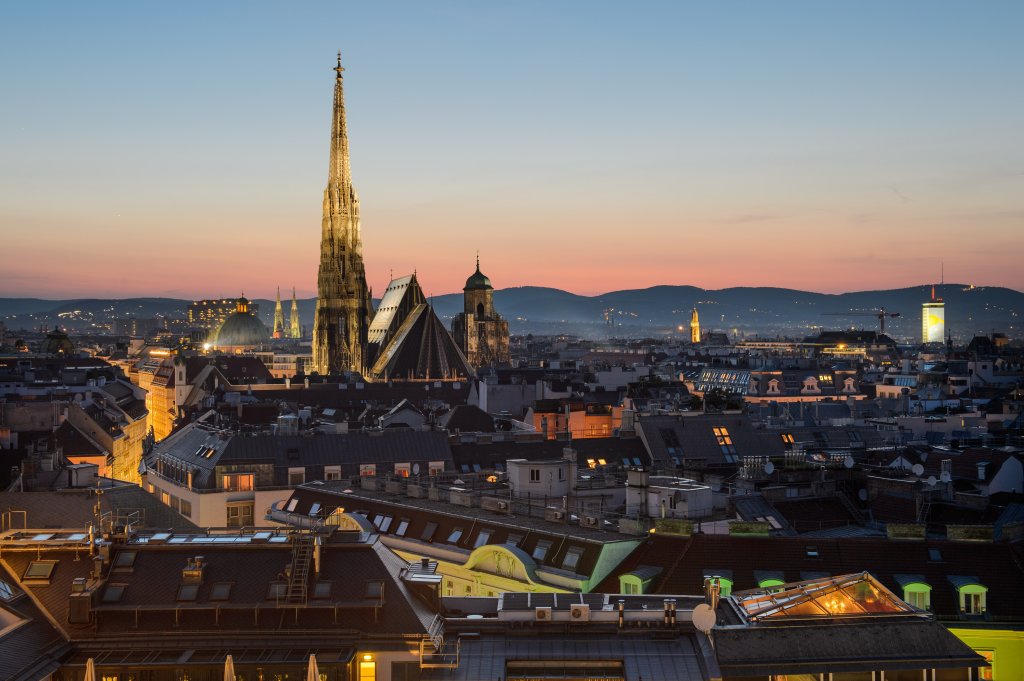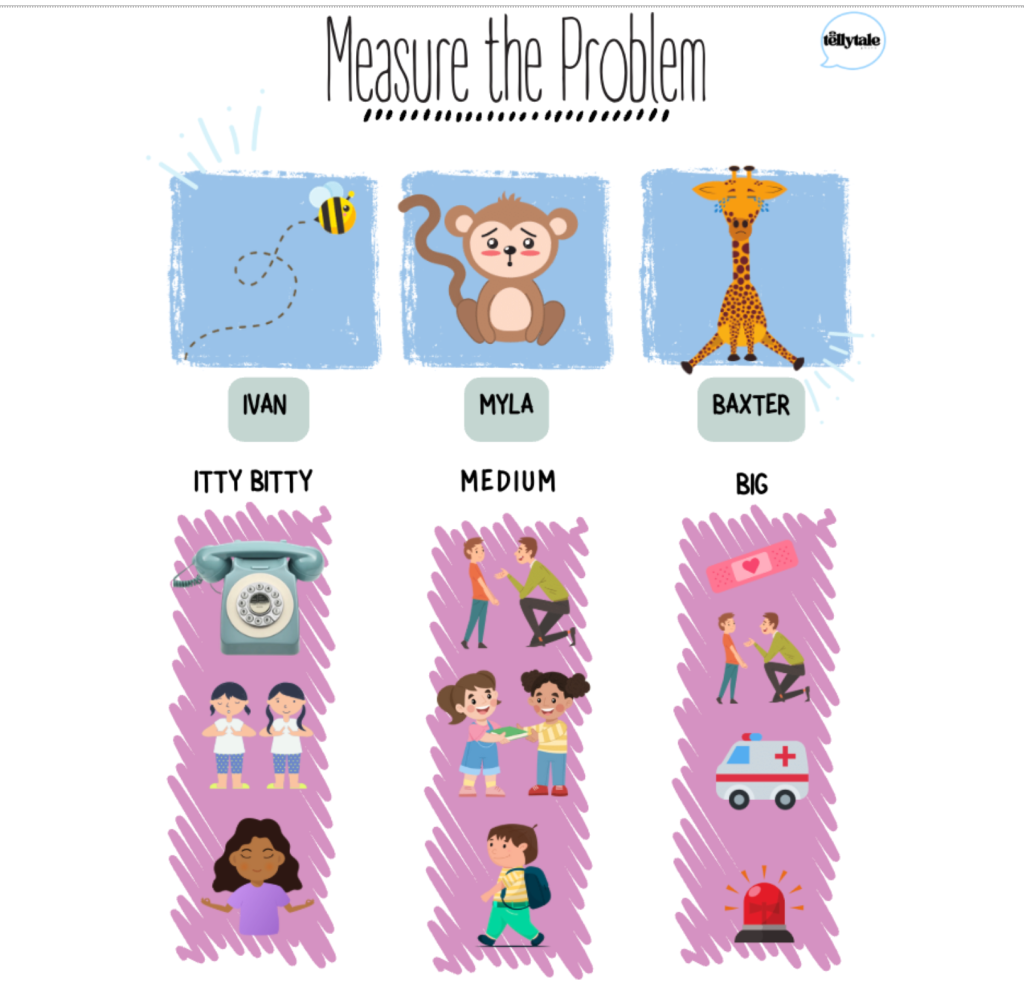My family recently spent a week exploring Vienna, Austria, getting a first-hand look at why it’s been named “the world’s most livable city” for 8 out of the past 10 years. As we enjoyed the efficient public transportation system and meandered the picturesque streets filled with gorgeous architecture, we did find ourselves thinking, “Yeah, we could live here.”
Part of that feeling was prompted by the beauty of the place, but as we spent hours walking through the historic heart of the city, something else struck me. Unlike every other big city I’ve visited in recent years, I didn’t see anyone sleeping on the sidewalk. No tents as makeshift homes set up anywhere. It was so striking, I kept wondering, “Where were all the homeless people?”
Vienna is home to 1.9 million people—more than twice the population of Seattle or Boston, where you can’t walk for 5 minutes through downtown without seeing multiple people experiencing homelessness. I began to wonder if perhaps Vienna was a case of homelessness being shoved out of view into slums or something. But after digging a bit, I learned that Vienna does have some homeless population. It just doesn’t have the numbers or the homelessness problem that most modern large cities do, thanks to its 100-year-old approach to affordable housing.
In the late 19th century, Vienna faced a huge housing and economic crisis. It was bad, even contributing to a tragically young life expectancy in 1900.
To address the problem, from 1919 to 1934, the city poured tax revenue into public housing—but not like any public housing most of us have ever seen. Known as as Volkswohnungspaläste, or “people’s apartment palaces,” the homes that were built were multi-story apartment blocks built with quality materials and beautified architectural details. They included green spaces and playgrounds and were built with easy access to medical facilities, schools, libraries, post offices and theater spaces.
The ideas was that government housing should be conducive to a good quality of life for all. And this novel concept has been at the heart of the approach to housing in Vienna ever since. Today, more than 60% of the Viennese population lives in government-subsidized housing and nearly nearly half of the housing market is city-owned flats or cooperative apartments. There is no stigma attached to public housing, which is interspersed throughout the city.
While other European cities began to privatize and commodify housing in the 1980s and 90s, Vienna held the course, viewing housing as a human right. And now it’s being named the “world’s most livable city” almost every year. Go figure.
In the fall of 2022, a delegation of 50 American tenant and homeless leaders, organizers, researchers, and elected officials visited Vienna to learn more about their social housing programs. Here were a few of their impressions they shared with “The Nation”:
“The attitude there is so different than what we have in the United States. We have it ingrained that public things are supposed to be nasty, supposed to be the lowest of the low. But to see what we saw in Vienna, it was like, wow, it is achievable to have housing that is government-owned, for the people, and beautiful.” – Julie Cohon, lead housing organizer at Northwest Bronx Community and Clergy Coalition
“I work hard. And, I still don’t have a safe place to live. In Vienna, we saw regular people who had not only safe but beautiful spaces. [When we were touring Sonnwendviertel, a 5,500 apartment social housing development not far from the city’s main train station], I kept noticing a lot of kids. And we saw how space was really designed for them: lots of day care centers and beautiful, car-free streets. What we saw is when the profit motive is taken out of housing, it’s a game changer.” – Dorca Reynoso, board member of the Met Council Action
“My main reflections from Vienna was how long the culture of housing for all has been in existence. The quality of social housing was also interesting: the Viennese government chose maintaining well-constructed buildings, rather than demolishing and rebuilding every 30 to 50 years. The very first municipal complex was built in 1924 and is still fully occupied today.” – India Walton, senior adviser at the Working Families Party
Is it possible to apply what has been learned in Vienna over the past century to other places? Why not? Considering the unaffordability of housing in so many cities, it seems worth a try. Housing isn’t the only thing that makes Vienna a highly livable city, but it definitely plays a huge role. When housing is reasonably desirable at every price point and people aren’t worried about affording a nice roof over their heads, it’s easier to address the other things that make life good. It at least seems like a good place to start.
This article originally appeared on 12.9.23


































